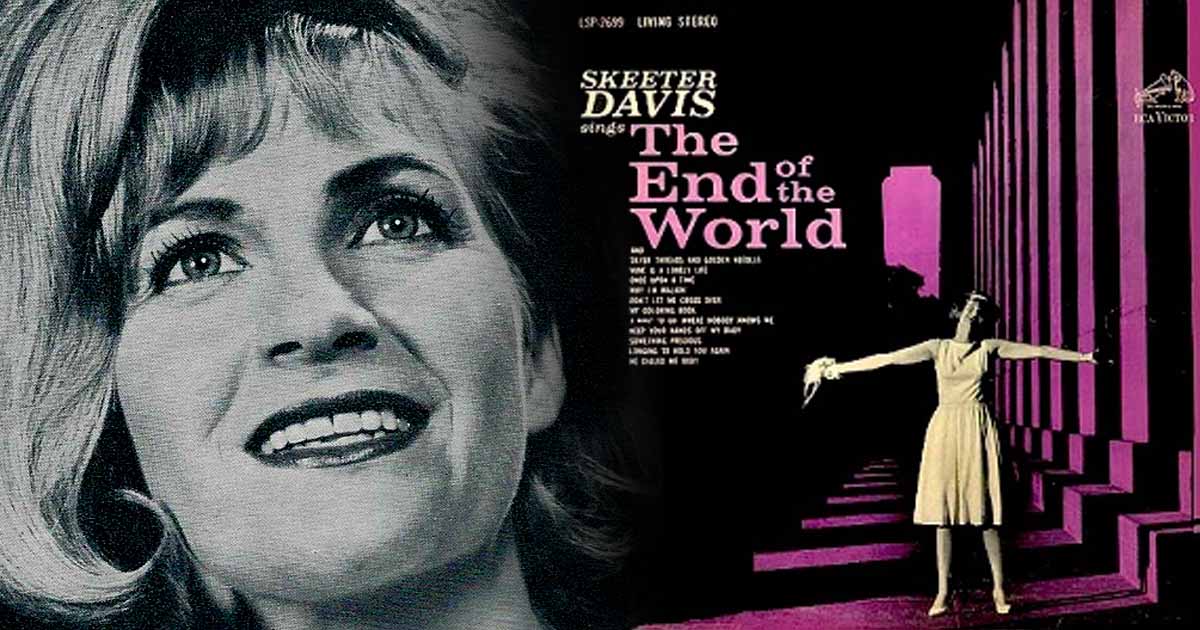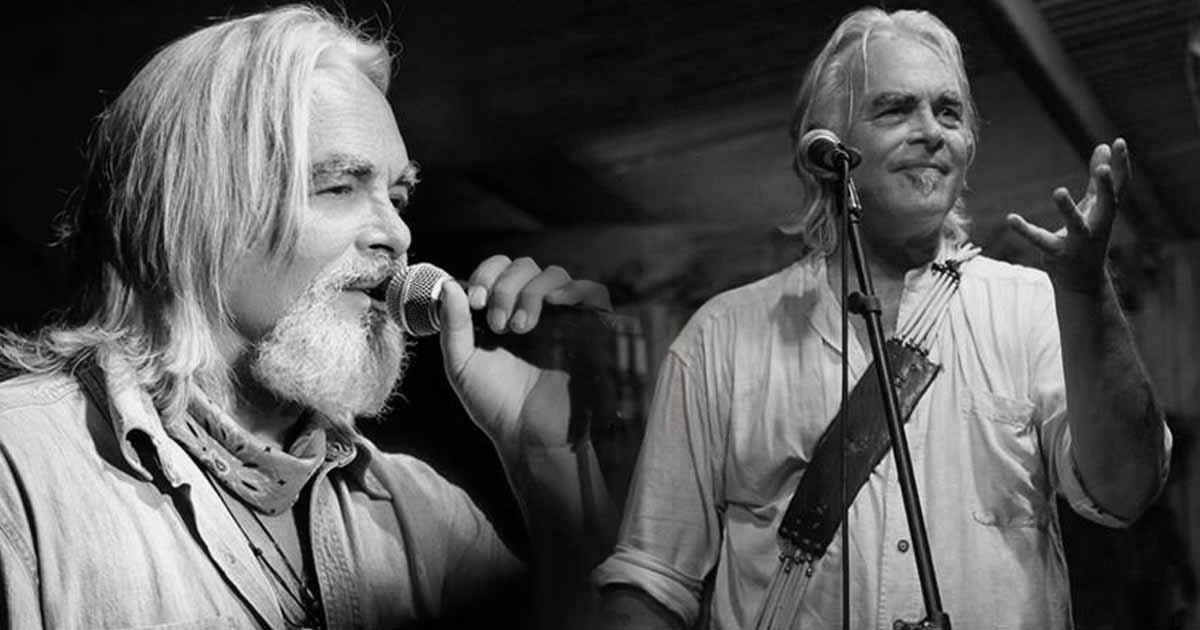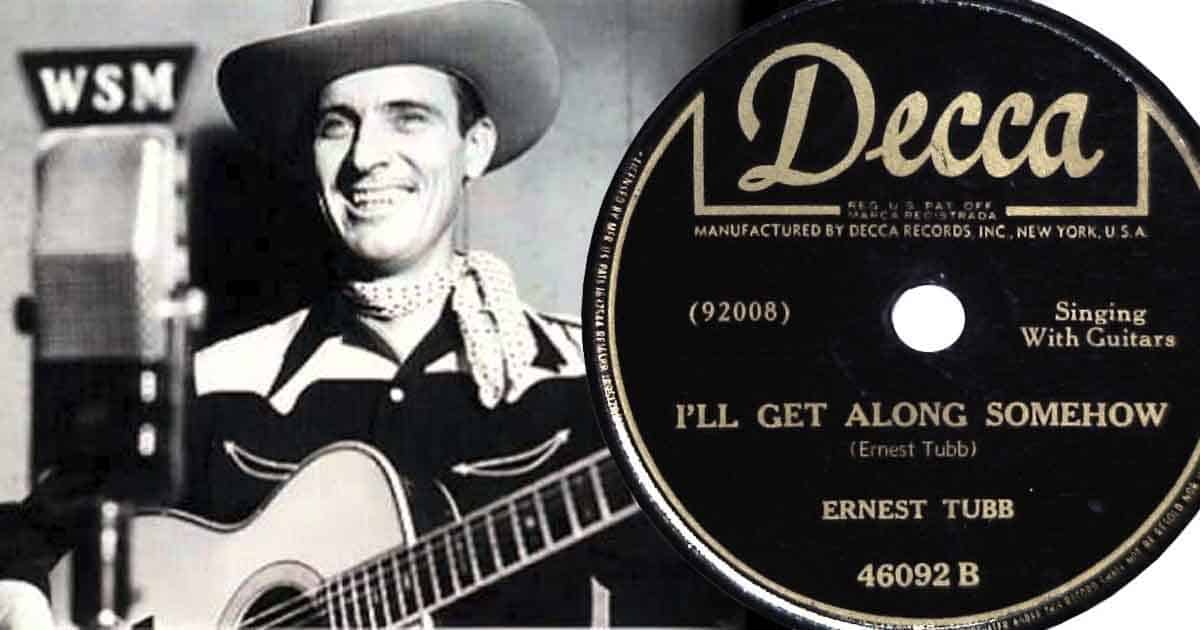Before the rise of icons like Patsy Cline, Loretta Lynn, Tammy Wynette, and Dolly Parton, there was Kitty Wells—the first female superstar in country music. In an industry dominated by men, Kitty Wells broke barriers and paved the way for every woman who followed. Her contributions didn’t just open doors—they shattered them, changing the course of country music history.
Early Life and Musical Beginnings
Born Ellen Muriel Deason on August 30, 1919, in Nashville, Tennessee, Kitty Wells was seemingly destined for a life in music. Growing up in a musical family, she began singing and playing guitar at an early age, and by the time she was a teenager, she was performing on local radio stations.
At just 18 years old, Kitty married country singer Johnnie Wright, and their marriage would last an impressive 74 years. Together, they shared a love of music and began touring as part of Johnnie and Jack’s group. Though Kitty was successful as the “girl singer” on the tour, she almost left the music industry in the early 1950s to focus on her family—until one song changed everything.
Breaking Barriers with “It Wasn’t God Who Made Honky Tonk Angels”
In 1952, Kitty Wells recorded “It Wasn’t God Who Made Honky Tonk Angels” for Decca Records, as noted by the Library of Congress. This song would become a defining moment for women in country music, not just for her. The song boldly responded to Hank Thompson’s “The Wild Side of Life,” which blamed women for marital troubles. Kitty’s version told the story from a woman’s perspective, and in doing so, she challenged the narrative that men were the sole victims of heartbreak.
The song shot to No. 1 on the Billboard country charts, staying there for six consecutive weeks. Kitty Wells became the first female artist to top the country charts, and her success proved that female artists could sell records and captivate audiences just as much as their male counterparts. “It Wasn’t God Who Made Honky Tonk Angels” sold over 800,000 copies in its first year and set the stage for the future of women in country music.
A Legacy of Timeless Music
Following her breakout success, Kitty Wells continued to record hit after hit throughout the 1950s and ’60s. Songs like “Making Believe” became timeless classics. Though many artists recorded their own versions of the song, Kitty’s 1955 rendition remains a favorite for country music fans. Her success showed that women could thrive in the country music world, inspiring future stars like Loretta Lynn, Dolly Parton, and Tammy Wynette.
Though her chart-topping days began to wane in the late 1960s, Kitty never stopped performing. She toured the world alongside her husband, Johnnie, bringing her signature voice and stage presence to adoring fans everywhere. Kitty’s career spanned over five decades, and even in her later years, she continued to captivate audiences with her authenticity and undeniable talent.
The Queen of Country Music
Kitty Wells’ impact on country music cannot be overstated. She was inducted into the Country Music Hall of Fame in 1976 and received the Grammy Lifetime Achievement Award in 1991. But her greatest legacy is the path she forged for generations of female country artists. Without her courage and determination to break through in a male-dominated industry, the careers of artists like Dolly, Tammy, and Loretta may have looked very different.
As NBC News reported, Kitty Wells passed away in 2012 at 92, but her influence continues to be felt across country music. Her songs, particularly “It Wasn’t God Who Made Honky Tonk Angels,” remain as relevant today as they were in the 1950s, reminding us of her trailblazing spirit and the doors she opened for women in country music.
Kitty Wells wasn’t just the Queen of Country Music—she was the woman who proved that country music belongs to everyone. Her legacy continues to inspire, and her pioneering work ensures that women’s voices always have a place in country music.


















